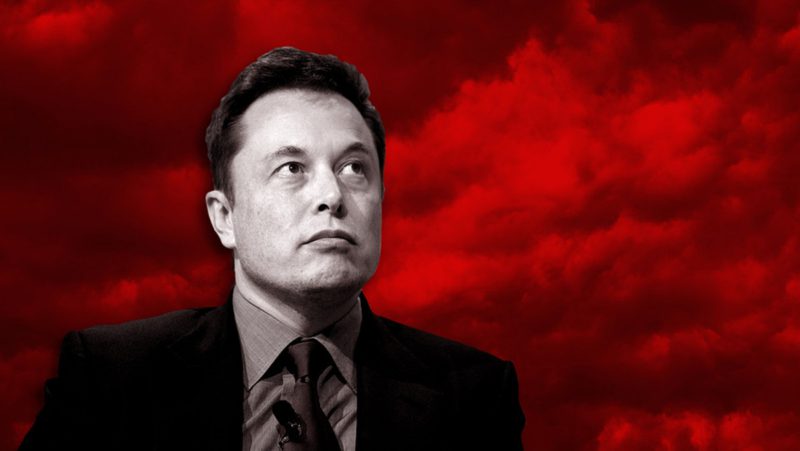Elon Musk recently took to Twitter to claim that the U.S. Federal Reserve needs to cut interest rates “immediately.” He opined that they were “massively amplifying” the probability of a “severe recession.”
Vincent Yu, the CEO & CO-Founder of Tesla and SpaceX related news and information portal Tesmanian, claimed on Twitter that he was anticipating a “real economic recession” next year. He cautioned his followers and asked them to be prepared for “any macro storm” ahead of them. Reverting back to the same, Musk said that that trend was “concerning.”
Also Read – Bitcoin: Here’s Why December 1st-2nd are crucial dates
What To Expect Going Forward?
Regulators, however, seem to be on a different page. St. Louis Fed President James Bullard said on Monday that the Fed needed to raise interest rates a little bit further and then hold them there throughout next year and into 2024. Per him, it would help gain control of inflation and bring it back down toward the US central bank’s 2% goal.
Stating his conviction in a recent interview with MarketWatch, he said that the Fed’s target policy rate needed to rise to at least the range between 5.00% and 5.25% from the current level of 3.75%-4.00% to be “sufficiently restrictive” to reduce inflation.
The Fed, as such, has raised its policy rate by 375 basis points this year—marking the fastest pace of tightening since the early 1980s. Bullard added,
“We want to get this inflation under control much sooner than in the 1970s.”
Furthermore, another key official—New York Fed President John Williams—said on Monday that he saw interest rates heading “somewhat higher” than he had forecasted a couple of months ago. Chalking out why, he said,
“Stronger demand for labor, stronger demand in the economy than I previously thought, and then somewhat higher underlying inflation, suggest a modestly higher path for policy relative to September. Not a massive change, but somewhat higher.”
On its part, the Federal Open Market Committee [FOMC] concluded its latest meeting by raising the interest rate by 75 Basis Points [BPS]. However, markets expect the committee to step down to a 0.5 BPS increase in december, following four straight 0.75 BPS hikes.





